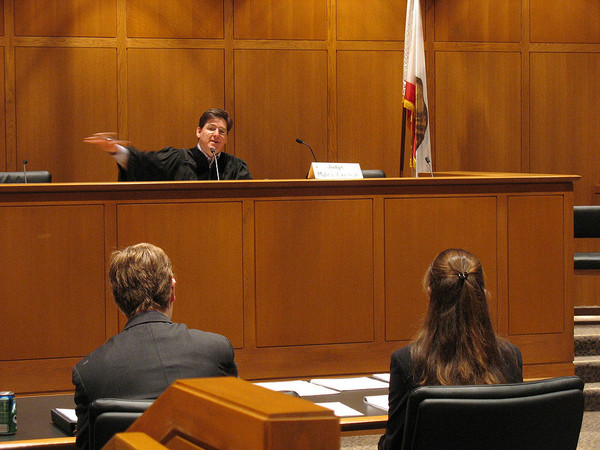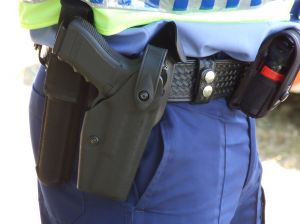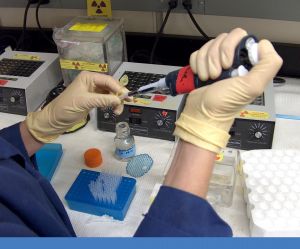Broward County Public Schools, one of the nation’s largest school districts, has reached an agreement with law enforcement agencies and the NAACP to reduce the number of students arrested and charged with minor criminal offenses.
The agreement brings district officials together with police and the state attorney’s office to create an alternative to the zero-tolerance policies that are customary in many schools. It places principals, rather than school resource officers, in charge of deciding how to deal with students that misbehave.
The agreement is designed to cut down on what has become known as the “school-to-prison pipeline,” where students accused of minor offenses, like disrupting class or loitering, are suspended, arrested and charged with crimes.
Broward County is the nation’s seventh largest district and had the highest number of school-related arrests in Florida in the 2011-2012 school year, according to state data. Of the 1,062 arrests made, 71 percent were for misdemeanor offenses.
In Broward County, minority students have been excessively arrested, sometimes for the same offenses that their white peers received only a warning for. According to U.S. Department of Education data, more than 70 percent of students nationwide involved in school-related arrests or law enforcement referrals are black or Hispanic.
 The new policy creates a different set of guidelines for district officials and school resource officers to follow when a student misbehaves. For non-violent misdemeanors like trespassing, harassment, incidents related to alcohol, possession of a misdemeanor amount of marijuana and drug paraphernalia, administrators have been instructed to attempt to resolve the issues through other methods than just arresting the student. A slew of options, like participation in a week-long counseling program, are thought of as much better ways to address and correct the student’s behavior.
The new policy creates a different set of guidelines for district officials and school resource officers to follow when a student misbehaves. For non-violent misdemeanors like trespassing, harassment, incidents related to alcohol, possession of a misdemeanor amount of marijuana and drug paraphernalia, administrators have been instructed to attempt to resolve the issues through other methods than just arresting the student. A slew of options, like participation in a week-long counseling program, are thought of as much better ways to address and correct the student’s behavior.
Additionally, the new policy states that no student would be arrested for a first non-violent misdemeanor. However, further offenses can result in graduated levels of school-based interventions. After a fifth incident, students will be referred to law enforcement.
Felonies or serious threats will immediately be referred to police.
The policy went into effect at the beginning of the current school year. Broward County has already seen a 41 percent decline in the number of school-related arrests since the policy took effect.
The NAACP hopes the policy will serve as a model for other districts nationwide.
If your son or daughter, niece or nephew or grandchild has been charged with a crime in Broward County, you may be wondering whether you should hire an attorney. For most juvenile crimes, it is in your child’s best interests to have a criminal defense lawyer in their corner to make sure their rights are protected. The consequences for a juvenile crime can be quite harsh, potentially leaving a permanent stain on a child’s criminal record and even affecting future employment or educational opportunities. Depending on the age of your child, he or she could be charged as an adult for certain crimes.
The most common juvenile offenses include the following:
• Underage DUI
• Juvenile Theft Crimes
• Juvenile Sex Crimes
• Juvenile Violent Offenses
• Juvenile Alcohol Crimes
 Florida Criminal Attorney Blog
Florida Criminal Attorney Blog





